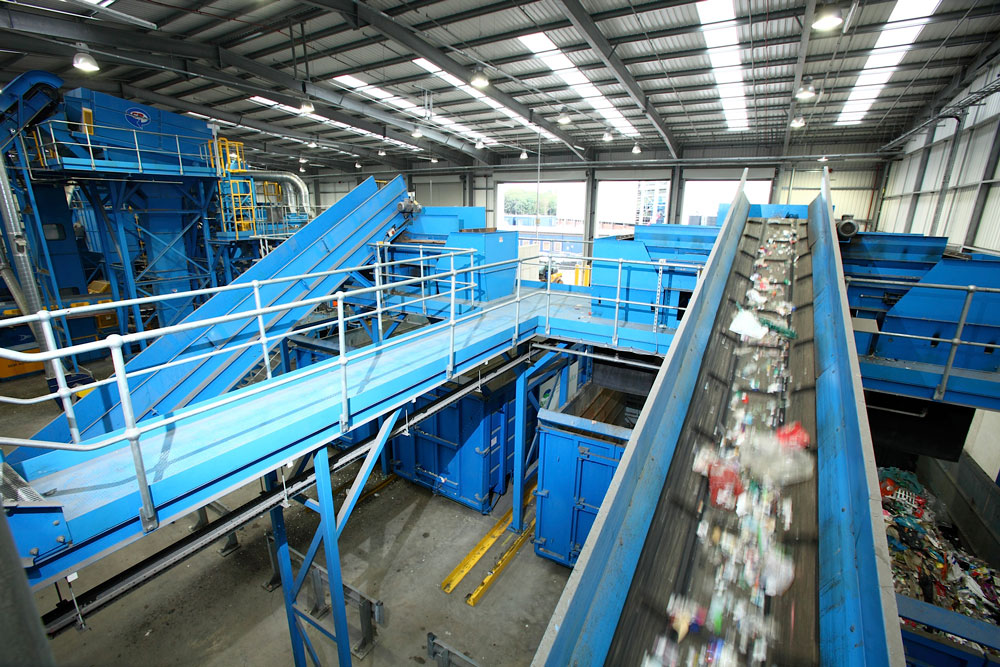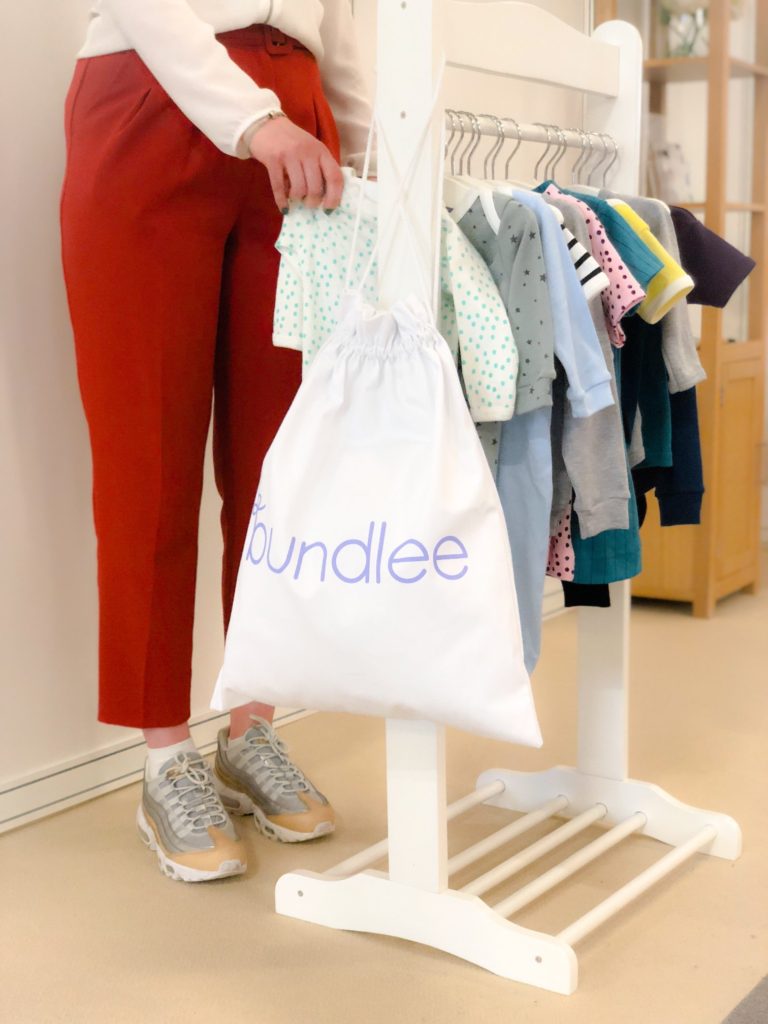- Waste Hierarchy: Reduce, Reuse, Recycle
- It’s possible to buy leftovers from restaurants before throw away
- In a zero-waste shop you may find most of the things of daily use
- GMCA organise open days in its Material Recovery Facilities
For years, the West has relied on third countries with softer laws for dumping its waste. But in 2017, China closed its border down. After, it was Malaysia. Other Asiatic countries have already announced plans in the same direction. Nonetheless, the World Bank forecast the global waste would increase by 70% by 2050.
In this series, we will explain how the rubbish and recycling system works in the UK, what the barriers are, and how can we pass over it. Because this is an International issue, every post will have an English and Spanish version, too. If you are interested in environmental issues, follow me on Twitter @Juanelev
WASTE IS A REAL PROBLEM, part 3
As we have seen in part 1 and part 2, waste is a filthy problem that we need to deal with daily. The general public feels a gap of information, while authorities blame a weak recycling market for certain types of plastic. Sources from the sector simply say there is too much waste.
Furthermore, a key point is the lack of consistency in the British waste system. Each council recycle differently, according to its facilities’ capacity. If the collectors separate the bins in different ways People get confuse.
What is recycled in Manchester, it is not in London or Edinburgh; not even in such a nearby place like Liverpool or Blackpool. Michelle Whitfield, GMCA, says that they only recycle plastic bottles, «All the rest of the plastic going on the general bin. Then going to be sorted and to EfW plants».The government released a Waste Strategy calling for greater consistency between the councils.
What is Greater Manchester doing?
Greater Manchester Combined Authority (GMCA) signed a contract with Suez at the beginning of the summer. Adam Read, its Director of External Affairs, says that community engagement and education is the key.
A spokeswoman from Suez Education Team says that many school and businesses are going there to understand better what is going on and what they can do. “They want to know how the process works and what can they recycle. When they learn that not everything can be recycled, they doing better”.

The visits are free to go. They have a quick presentation and a tour around the facility. You can book it here.
GMCA started a plan with Friends of the Earth Manchester (FoE) to shift business into plastic zero and eliminate the single-use plastic. Seb Dot, a volunteer at FoE, mention different action business can do. “For us, recycling is not the solution. Is a good sign the companies feel they have to do it but they need to reduce the amount of waste in the first place.
Some supermarkets are putting a zero waste area, and many business are embrancing a circular economy.
Residents also have a role to play. David Birchall, 70 years old and resident in Salford, try to develop a community spirit. “We are preparing a welcome pack”. They want to “educate, with a very small ‘e’”, people around the area and create stronger relations in the neighbourhood.
Some grassroots’ initiatives
In recent times, it has been a new wave of environmental awakening. Businesses are trying to be as sustainable as possible, and people are gathering forces asking for a change.
A new app helps people to avoid food waste. It allows the users to book decent meals from the leftover in restaurants, much cheaper than a regular order. On its website says: “Too Good To Go is an app providing a marketplace that connects businesses who have surplus food with members of the public who want to rescue this food”.
On Greater Manchester, an enterprise bet for catering service with the products that otherwise would go to the bin. they save between two and four tonees of food monthly. Steph Lynch-Ozanar, Open Kitchen Mcr spokeswoman “Waste food can have a stigma that is due to go off or it is not good quality. We don’t consider anything dangerous as we follow standard catering guidelines and have very experienced chefs work within the kitchen”.

Another issue is cloth waste. A young girl in London set a company to‘rent’ a bundle of baby clothes. When the baby grows –They do it very fast, indeed- the company send a new package with a bigger size. Eve, the owner of the company Bundlee, says: “Bundlee was started because children outgrow their clothes so quickly that it makes perfect sense to rent them”.
More people are willing to buy in second-hand shops, too. Eillen MckayCrowe, the Support Manager at Emmaus Salford, delights in more people going to their shop to avoid items end up in the landfill. “When something has already been produced, why do we need to go to china to get a new thing. That’s silly. In second-hand shop what you find is good quality stuff”, because is what least more.
Also, new zero-waste shops are popping up around the city. Rachel, the owner of a zero-waste shop in Altrincham, Greater Manchester, says government needs to come with a drastic change: “This is just one step. We need to spread the message and change the mind of society”.
We are doing well but we can do it better
Michelle Whitfield: «There are a lot of great ideas on the way»
Hopefully, things are changing in the right direction. There are some promising initiatives from the governments, in the UK at least. Whitfield says that she is optimistic in recycling in Greater Manchester: “There are a lot of great ideas on the way. It will also give a recycling boot in Greater Manchester”.
In fact, according to DEFRA, the total amount of waste in Greater Manchester has decreased a little bit. It is one of the keys in the message. Although rubbish is something inevitable in our daily life, we can try to reduce it as much as possible. According to the waste hierarchy, we should treat the waste following the 3 R’s: Reduce, Reuse and Recycle in that order.
Marc Edwards, a former employer from Trafford City Council, would like to think that we can cope with our waste. “We have the education to do it, and we can do it. But it takes investment”.
Investment and willingness, The Green Bee would say.
